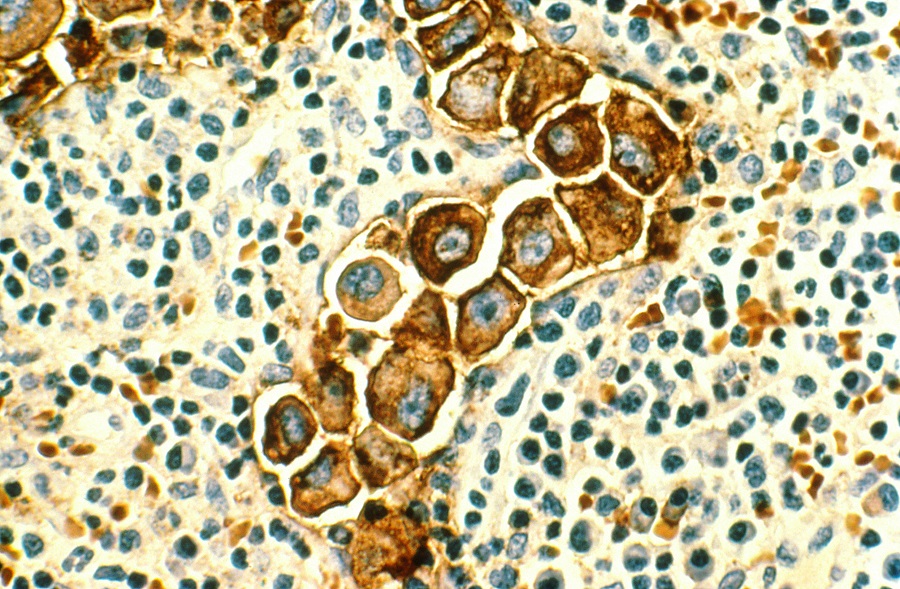Becoming metastatic: how FOXA1 triggers metastatic behavior in breast cancer
About 75 percent of breast cancers have estrogen receptors, hence they are called estrogen receptor positive (ER+). Original ER+ breast cancer cells depend on estrogen
Read More
